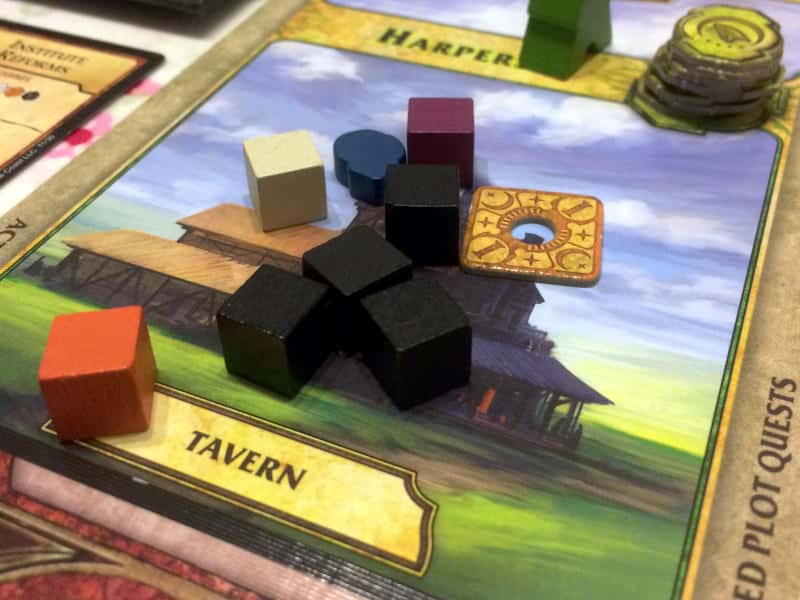Board games: Interactive learning for students made fun and enjoyable!

The use of board games for education has grown tremendously in recent years. This is for a good reason. Board games provide students with a fun, interactive way to interact with educational materials and actively participate in learning. This blog will examine how educational boardgames can help students to learn.
The fact that educational board games encourage active learning is one of their main benefits. To play the game successfully, students need to actively interact with the material rather than passively receive information. This can help students retain and understand the material better. In a study published in Journal of Educational Psychology, it was found that playing board games led to better learning outcomes than direct instruction (Siegel 2005). Board games can also help students improve their problem-solving abilities, critical thinking skills, and strategy building.
Board games are also a great way to introduce a variety of subjects to children, including math, science, history, and language arts. The game ” dress code” teaches preschoolers how to dress for the weather. Board games can be used to teach a variety of things.
Students can also practice their social skills by playing educational board games. Many educational board games can be played by multiple participants. This allows social interaction and teamwork. Students need to develop communication and collaboration skills in order to be successful both in academic settings and personally.
Educational board games can be a great way to promote active learning, develop crucial skills and engage students in an engaging and fun manner. Incorporating educational games in the classroom can give students a rich and engaging experience.




Leave a Reply